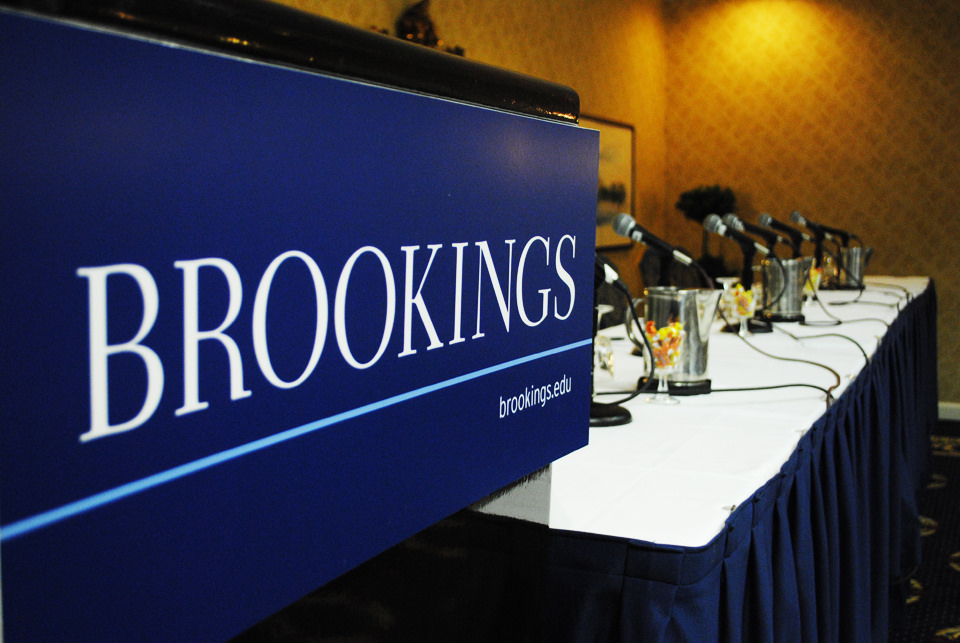At think tanks like Brookings, the majority of reports and events, with titles like “Five Evils: Multidimensional Poverty and Race in America” or “India at the Global High Table,” have no obvious link to corporate donors.
Still, the benefits afforded to corporations looking to cloak themselves with the authority of think tanks are strikingly evident, according to a review of documents from more than a dozen institutions.
The likely conclusions of some think tank reports, documents show, are discussed with donors — or even potential ones — before the research is complete. Drafts of the studies have been shared with donors whose opinions have then helped shape final reports. Donors have outlined how the resulting scholarship will be used as part of broader lobbying efforts. The think tanks also help donors promote their corporate brands, as Brookings does with JPMorgan Chase, whose $15.5 million contribution is the largest by a private corporation in the institution’s history.
Despite these benefits, corporations can write off the donations as charitable contributions. Some tax experts say these arrangements may amount to improper subsidies by taxpayers if think tanks are providing specific services.
“People think of think tanks as do-gooders, uncompromised and not bought like others in the political class,” said Bill Goodfellow, the executive director of the Center for International Policy, a Washington-based think tank. “But it’s absurd to suggest that donors don’t have influence. The danger is we in the think tank world are being corrupted in the same way as the political world. And all of us should be worried about it.”

